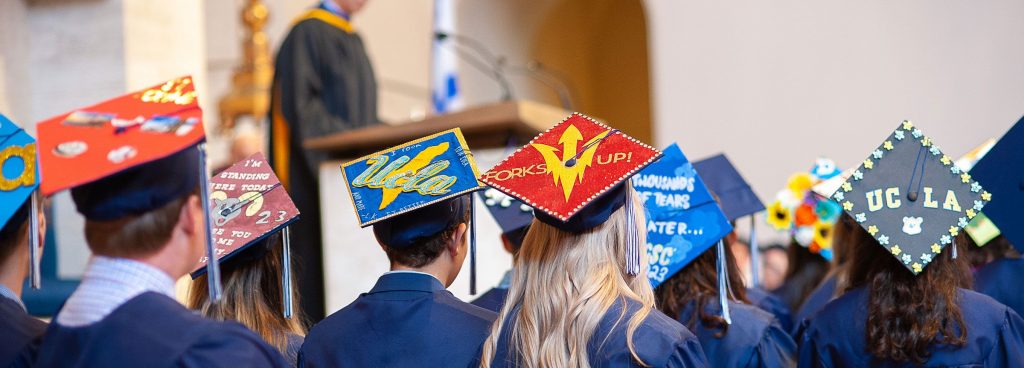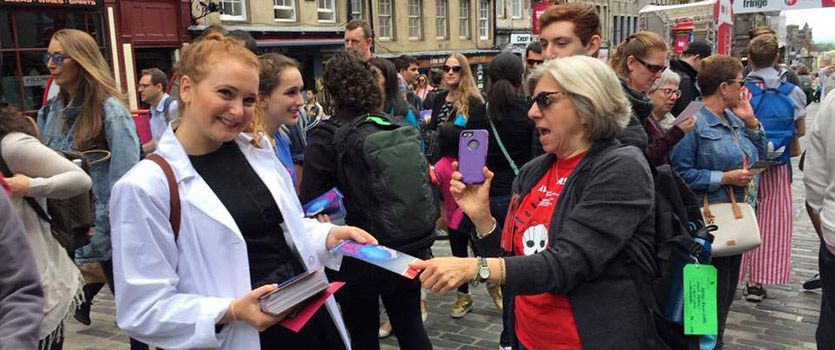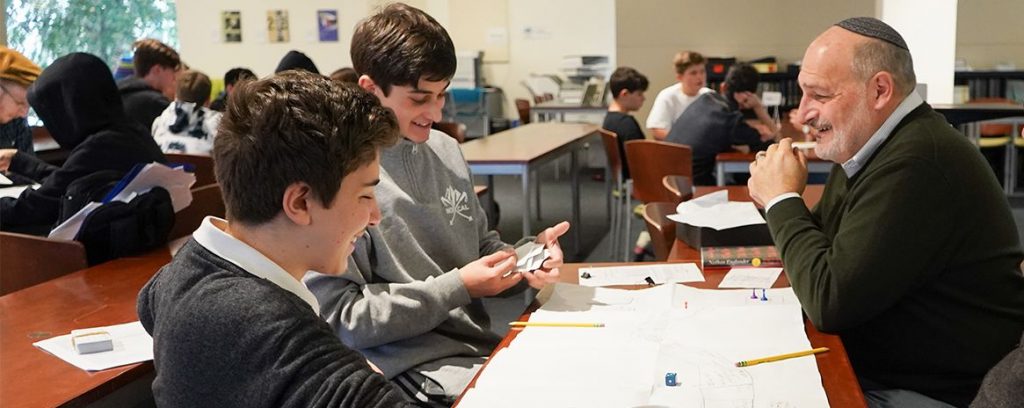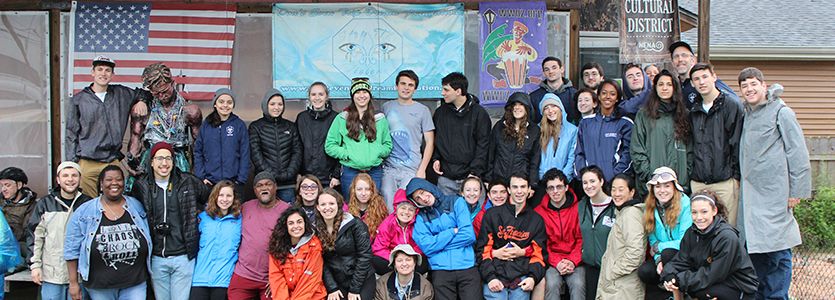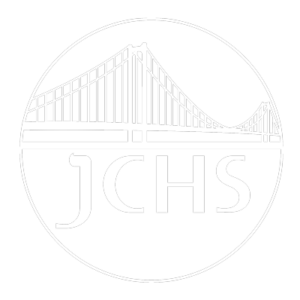Joe Gindi, Jewish Studies Teacher
“Go down Moses, way down in Egypt land. Tell old Pharaoh, to let my people go!” As evidenced by the power of this African-American spiritual in antebellum black culture, the abolitionist movement and the civil rights movement, the Exodus story has become one of the archetypal templates for envisioning liberation in Western society. And yet, as I’ll argue below, the common notions of liberty in America are missing a key element of that story.
What is the purpose of liberation? In our individualist society that seems like almost a silly question. Of course, we might think, the purpose of liberation is for each individual to exercise their own liberty, to have the freedom to make their own choices. What can be lost in our focus on rights, the rights of individuals and groups to personal liberty and even equal protection, is that the vision of civil rights leaders like the Rev. Martin Luther King (and I would argue the Exodus text itself) contains a deeper purpose. This is what King called “the beloved community”, and what the Torah calls, “a kingdom of priests and a holy nation” (Exodus 19:6).
This week’s Torah portion (Vaera) opens with Moshe’s second strategy session with God. After his dramatic recruitment to the cause at the burning bush, Moses returns dejected from the failure of his first attempt, asks Pharaoh for a three-day “pray-cation” in the wilderness for the Israelites.
God responds, “Tell the Israelites: I am Adonai. I will free you from the labors of the Egyptians and deliver you from their bondage. I will redeem you with an outstretched arm and through extraordinary chastisements. I will take you to be My people, and I will be your God. And you shall know that I, Adonai, am your God who freed you from the labors of the Egyptians. I will bring you into the land which I swore to give to Abraham, Isaac, and Jacob, and I will give it to you for a possession, I Adonai” (Exodus 6:6-8, emphasis added).
Notice here that the purpose of this exodus isn’t simply the liberation of the Israelites, but the establishment of a covenantal relationship with God. The 13 century commentator Rabbi Moshe Ben Nachman (Ramban) highlights the centrality of that relationship when he comments that the phrase “I will take you to be my people” in this verse refers to the moment of receiving the Torah at Mount Sinai, because it is in the wilderness of Sinai that God later says, “then you shall be my treasured possession among all the people” (Exodus 19:5).
A close look at the complete verse he is citing demonstrates what is at stake.“Now then, if you will obey Me faithfully and keep My covenant, you shall be My treasured possession among all the peoples. Indeed, all the earth is Mine, but you shall be to Me a kingdom of priests and a holy nation” (Exodus 19:5-6a). The purpose of this liberation is for us to foster this relationship with God and conduct ourselves as a “holy” nation.
This conditional and covenantal language is echoed in the 2nd paragraph of the Shema, “If, then, you obey the commandments that I enjoin upon you this day, loving your God יהוה and serving [God] with all your heart and soul…” then I will “provide rain for your land” and “grass for your field” (Deut. 11:13-15). But, if you are “lured away.. you will soon perish from the good land that YHVH is assigning to you” (Deut. 11:17). As with liberation from bondage, the inheritance of the land is predicated on the covenant.
The freedom granted in Exodus entails a greater purpose, a reciprocal responsibility to our community, to Torah and to God. The freedom here is the freedom to serve the greater community and the ultimate value. Martin Luther King described the beloved community as “overflowing love which seeks nothing in return. It is the love of God working in the lives of men. This is the love that may well be the salvation of our civilization.”


